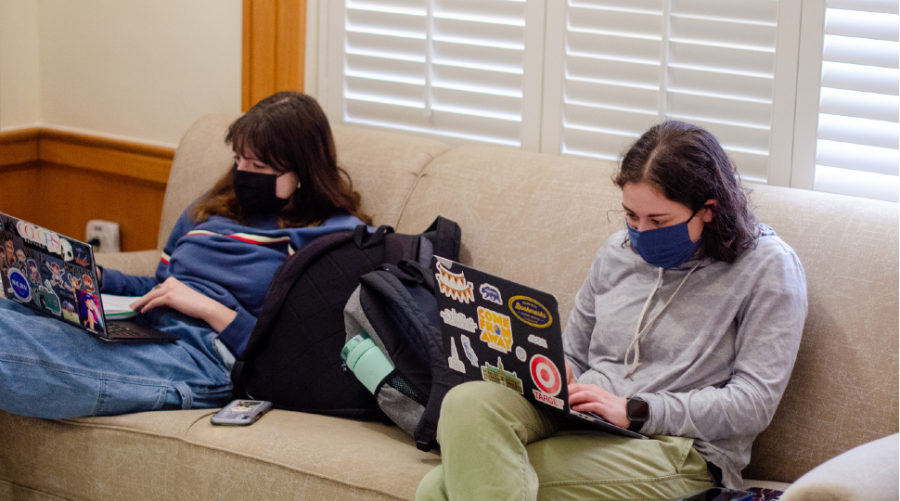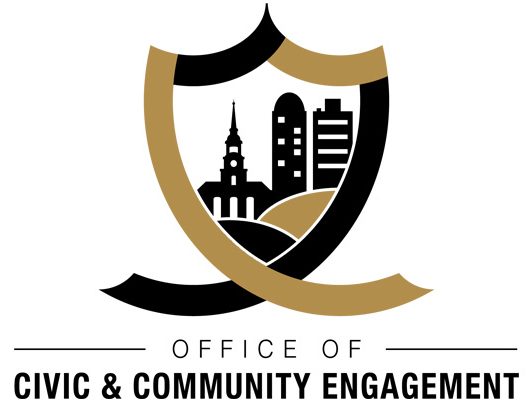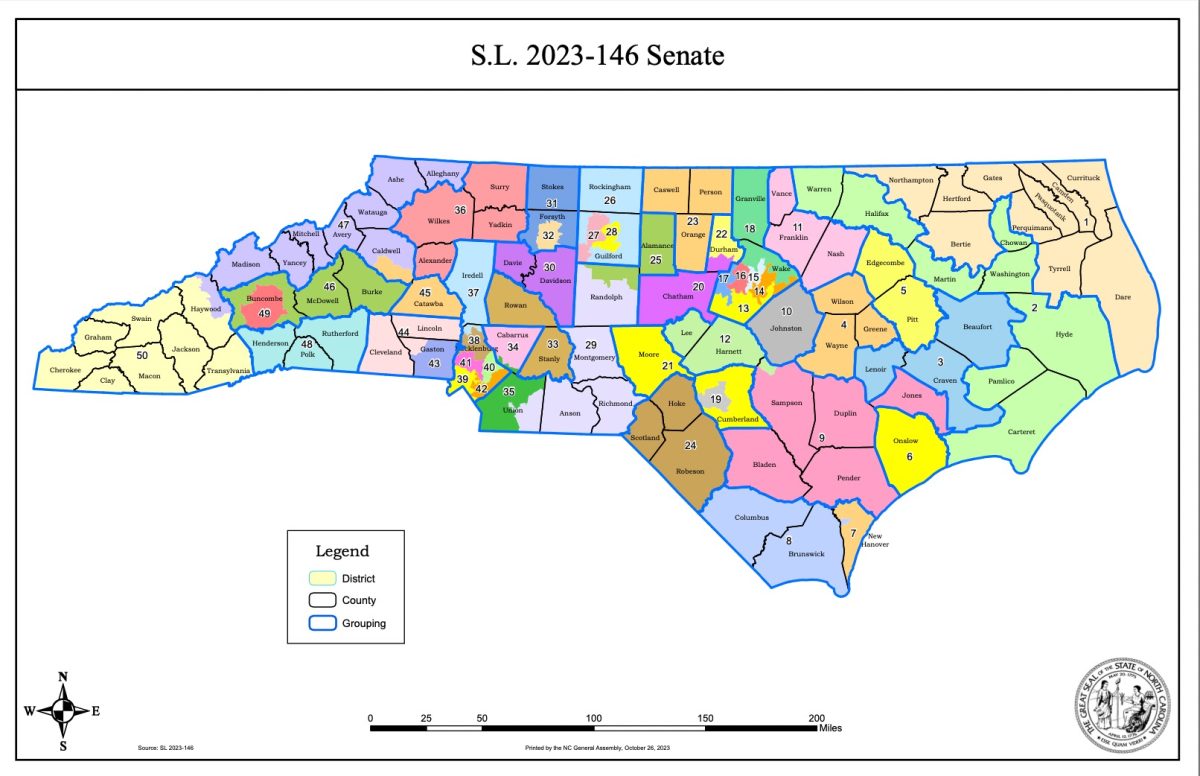Without the many extracurricular involvements and meetings that students often find themselves racing to and from across campus during a typical week at college, many are trying to figure out ways to spend their free time as they adjust to the schedules of remote work and life at home. Now, across the country, students are working to embrace the university’s motto of pro humanitate through the virtual world. In fact, around 150 students responded to the Office of Civic and Community Engagement’s (OCCE) call for virtual tutoring services for students enrolled in Kindergarten through 12th grade at a Winston-Salem/Forsyth County school.
The tutors will help students to navigate the new reality of remote coursework and online classes, as all public K-12 schools across North Carolina have been ordered to close until May 15. Of the public school students who are now out of school and learning from home, over 60 in Winston-Salem/Forsyth County have already signed up to receive tutoring.
The purpose of organizing online tutoring sessions is to continue to provide assistance and show support for elementary, middle and high school students who had previously received in-person tutoring. By helping these students with remote learning, tutors are able to mitigate the potentially detrimental impacts of school closures on student’s educational performance, according to director of community partnerships for the Office of Civic and Community Engagement (OCCE), Camry Wilborn.
“My goals for the program is consistency and contingency for students that were receiving one-on-one tutoring before,” Wilborn said. “We know that school closures affect all students, but they have the potential to exacerbate the already present inequities in learning. It is our goal that no child falls behind because of access to resources like tutoring.”
Once each tutor is matched to a family with school-age children, they can then communicate about the specific educational needs of each child and decide on the best method for conducting the virtual tutoring sessions. Based on technology and course-related needs, the sessions may take place on Google Hangout, Zoom or Facetime while also incorporating materials that would be used in a typical in-person meeting, such as flashcards and whiteboards.
Each tutor is asked to dedicate one hour out of each week to helping a student. The structure of the session itself is flexible, though Wilborn suggests including an introduction, playing a short game demonstrating concepts applicable to the coursework, going through problem sets and workbook questions, coming up with other educational activities and assigning work for the students to complete before the next virtual meeting. The tutor can then assess which parts worked best and identify room for improvement so that the tutoring is tailored to the student’s needs and respective academic strengths and weaknesses.
With the new challenges of online learning, it is now even more important to offer individualized tutoring services for those who may not have access to adequate educational resources at home and ensure that K-12 students receive help while continuing coursework remotely.
“This program is a great example of how Wake Forest University can leverage its resources and expertise to meet an identified community need,” Wilborn said. “I hope that this program can be a model for how we continue to do community engagement work.”



















